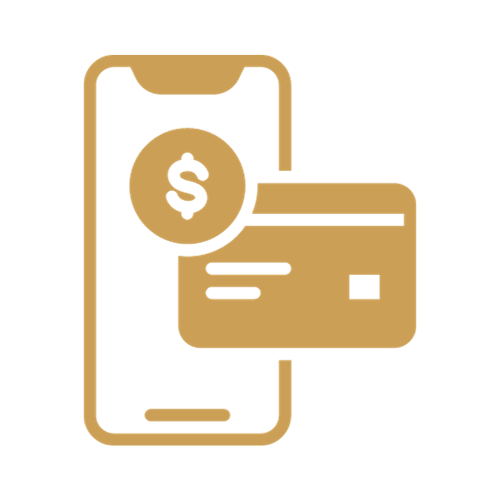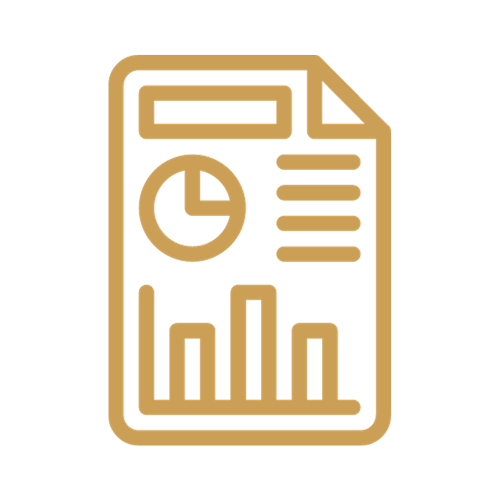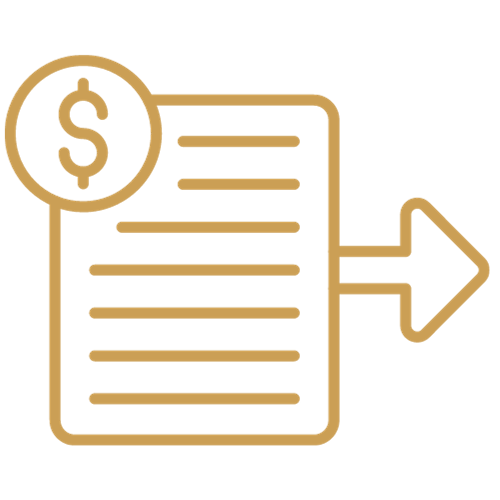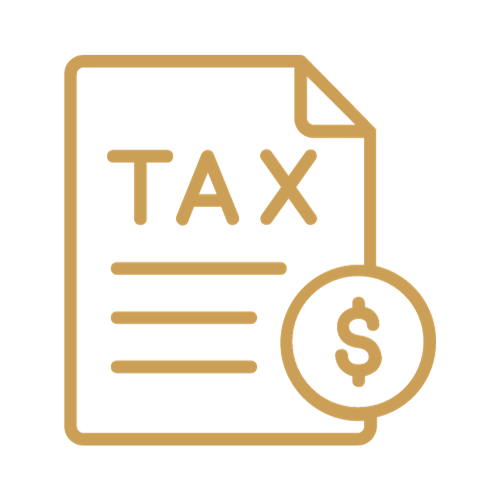As the April 15th tax deadline draws near, individuals and businesses alike are gearing up for tax season. For many, this time of year can be daunting, filled with paperwork, calculations, and deadlines. However, with proper preparation and knowledge, navigating tax season can be a smooth and manageable process. In this blog post, we’ll explore essential tips and strategies for preparing for tax season, whether you’re a small business owner or an individual taxpayer.
Understanding Tax Deadlines
One of the first steps in preparing for tax season is understanding the various deadlines that apply to your situation. For individuals, the deadline to file federal income tax returns is April 15th. However, for businesses, the deadlines can vary depending on the entity type and filing status. It’s crucial to mark these dates on your calendar and start gathering necessary documents well in advance to avoid last-minute rushes.
Organizing Financial Records
Effective organization is key to a stress-free tax season. Whether you’re a sole proprietor or a large corporation, maintaining accurate financial records throughout the year can save you time and headaches when it comes time to file taxes. Keep track of income, expenses, receipts, invoices, and any other relevant documents. Consider using accounting software or hiring a professional bookkeeper to streamline this process and ensure accuracy.
Maximizing Deductions and Credits
One of the primary benefits of tax season is the opportunity to reduce your tax liability through deductions and credits. For businesses, this may include deductions for business expenses such as supplies, equipment, and employee wages. Individuals may be eligible for deductions such as mortgage interest, charitable contributions, and medical expenses. Additionally, don’t overlook tax credits, which can directly reduce the amount of tax owed. Research available deductions and credits applicable to your situation, and consult with a tax professional if needed to ensure you’re maximizing your tax savings.
Planning for Estimated Taxes
If you’re self-employed or own a business, you may be required to pay estimated taxes throughout the year to avoid underpayment penalties. Estimate your tax liability based on your expected income and deductions, and make quarterly payments to the IRS and state tax agencies. Keeping up with estimated tax payments can help you avoid surprises come tax season and maintain compliance with tax laws.
Seeking Professional Assistance
While it’s possible to navigate tax season on your own, seeking professional assistance can provide peace of mind and ensure accuracy. Consider hiring a certified public accountant (CPA) or tax professional to help with tax preparation, especially if your tax situation is complex. A professional can offer personalized advice, identify potential deductions and credits, and help you avoid costly mistakes.
Tax season doesn’t have to be overwhelming. By understanding deadlines, organizing financial records, maximizing deductions and credits, planning for estimated taxes, and seeking professional assistance when needed, you can approach tax season with confidence. Start preparing early, stay organized, and don’t hesitate to reach out for help if you need it. With proper preparation and knowledge, you can navigate tax season successfully and minimize stress along the way.




